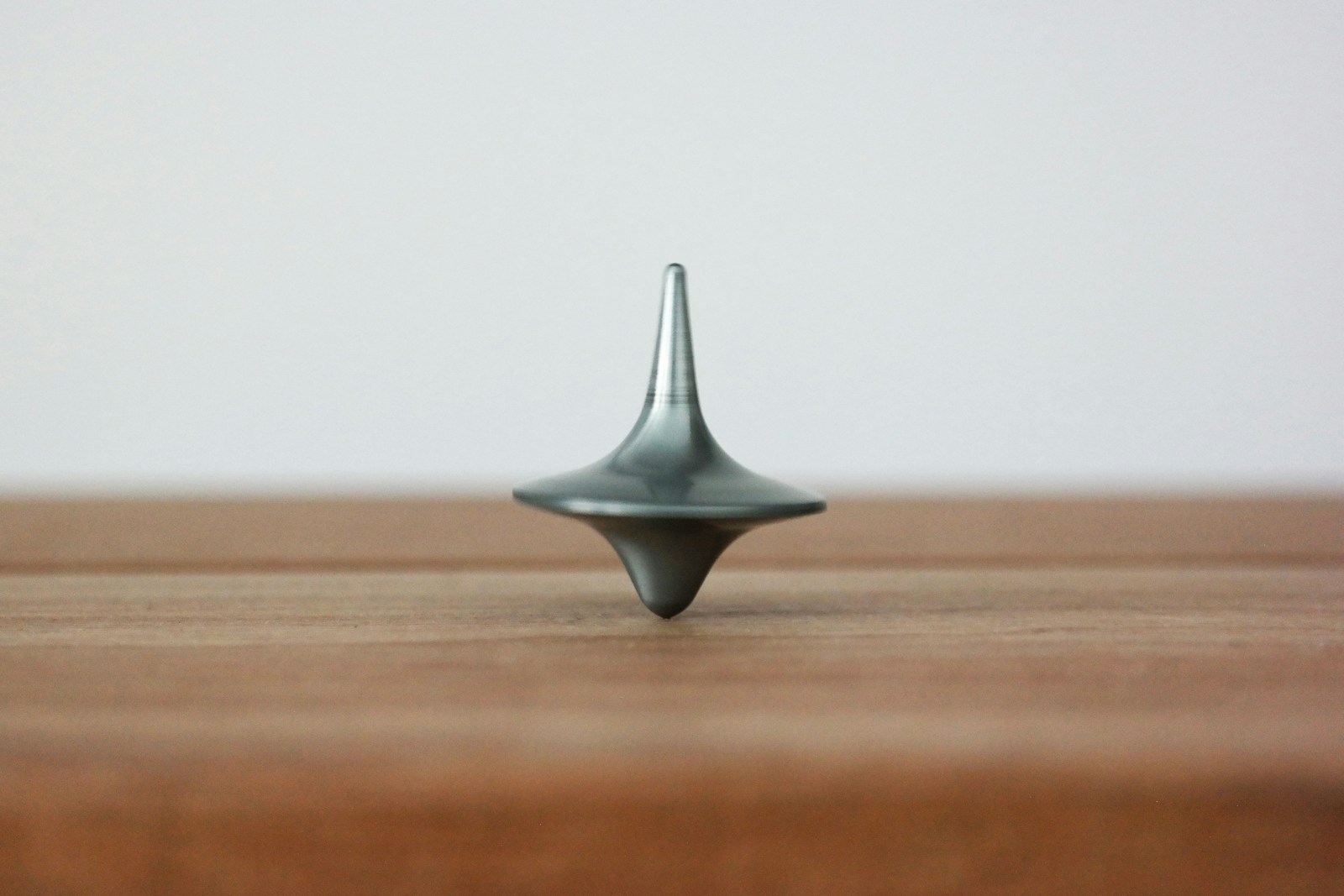Self-care is an essential practice for maintaining overall well-being, especially in today’s fast-paced and stressful world. It involves taking deliberate actions to prioritize your physical, mental, and emotional health. While self-care is a highly individualized process, creating a personalized self-care checklist can be a helpful tool to ensure that you are consistently meeting your needs.
In this article, we will guide you through the process of creating an effective self-care checklist that is tailored to your specific needs and preferences. We will explore various aspects of self-care, including physical health, mental well-being, and emotional needs. By the end of this article, you will have a comprehensive self-care checklist that can enhance your overall quality of life.
Getting Started: Understanding Your Needs
Before diving into the specifics of your self-care checklist, it’s important to take a step back and reflect on your unique needs and preferences. Self-care is a highly individualized practice, and what works for one person may not work for another. By understanding your needs, you can develop a self-care plan that truly resonates with you.
Reflecting on Your Well-being
Take some time to reflect on your overall well-being and identify areas that could benefit from more attention. Consider the following questions:
- How do you currently feel physically, mentally, and emotionally?
- Are there any specific stressors or challenges that are affecting your well-being?
- What activities or practices make you feel most rejuvenated and fulfilled?
- Are there any areas of your life where you feel a sense of imbalance or neglect?
By honestly answering these questions, you can gain valuable insights into the areas of your life that require more self-care attention.
Identifying Your Self-care Needs
Once you have reflected on your well-being, it’s time to identify your specific self-care needs. Self-care encompasses a wide range of practices, and it’s important to consider various dimensions of your life, including physical health, mental well-being, emotional needs, and personal growth.
Here are some examples of self-care needs to consider:
Physical Health
- Getting enough sleep and establishing a consistent sleep routine.
- Nourishing your body with a balanced and nutritious diet.
- Engaging in regular physical activity that you enjoy.
- Taking care of your hygiene and personal grooming.
- Prioritizing regular medical check-ups and addressing any health concerns.
Mental Well-being
- Managing stress through relaxation techniques, such as meditation or deep breathing exercises.
- Engaging in activities that stimulate your mind, such as reading or puzzles.
- Setting boundaries and saying no to excessive commitments.
- Seeking professional help or therapy when needed.
- Practicing mindfulness and being present in the moment.
Emotional Needs
- Cultivating meaningful relationships and connecting with loved ones.
- Expressing your emotions through creative outlets, such as writing or art.
- Practicing self-compassion and self-acceptance.
- Engaging in activities that bring you joy and happiness.
- Allowing yourself to rest and recharge when needed.
Personal Growth
- Setting goals and working towards personal and professional development.
- Engaging in activities that align with your values and passions.
- Learning new skills or pursuing hobbies and interests.
- Seeking opportunities for self-reflection and self-discovery.
- Embracing change and embracing new experiences.
By identifying your specific self-care needs in these areas, you can create a comprehensive self-care checklist that encompasses all aspects of your well-being.
Creating Your Self-Care Checklist
Now that you have a clear understanding of your self-care needs, it’s time to create your personalized self-care checklist. This checklist will serve as a guide to help you incorporate self-care practices into your daily routine consistently. Here’s how you can approach this process:
Set Clear and Realistic Goals
Start by setting clear and realistic goals for your self-care journey. Consider what you hope to achieve through self-care and how you envision your ideal state of well-being. Be specific about the actions you want to take and the outcomes you want to experience.
For example, if your goal is to improve your physical health, you might set goals such as exercising for 30 minutes every day, drinking eight glasses of water, and getting at least seven hours of sleep each night.
Break It Down into Daily, Weekly, Monthly, and Yearly Practices
Once you have set your goals, break them down into daily, weekly, monthly, and yearly practices. This will ensure that your self-care checklist is comprehensive and covers different timeframes.
For example, your daily self-care practices might include activities like meditation, journaling, and engaging in a hobby you enjoy. Weekly practices could include scheduling time for socializing or engaging in physical activity. Monthly practices might involve treating yourself to a spa day or planning a weekend getaway. Yearly practices could include setting aside time for self-reflection and goal setting for the upcoming year.
Prioritize Self-Care Activities
As you create your self-care checklist, prioritize the activities that are most important to you. Consider which practices have the most significant impact on your well-being and make them non-negotiable.
For example, if spending time with loved ones is crucial to your emotional well-being, prioritize scheduling regular social activities or phone calls with friends and family. If physical exercise is a priority, block off time in your schedule for workouts or outdoor activities.
Be Flexible and Adaptable
Remember that self-care is an ongoing process, and your needs may change over time. Be flexible and adaptable with your self-care checklist, allowing room for adjustments and modifications as needed. Listen to your body and mind, and make changes to your self-care routine if something is no longer serving you.
Monitor and Evaluate Your Progress
Regularly monitor and evaluate your progress with your self-care checklist. Assess how well you are incorporating self-care practices into your daily life and make adjustments as necessary. Celebrate your successes and learn from any challenges or setbacks you encounter.






